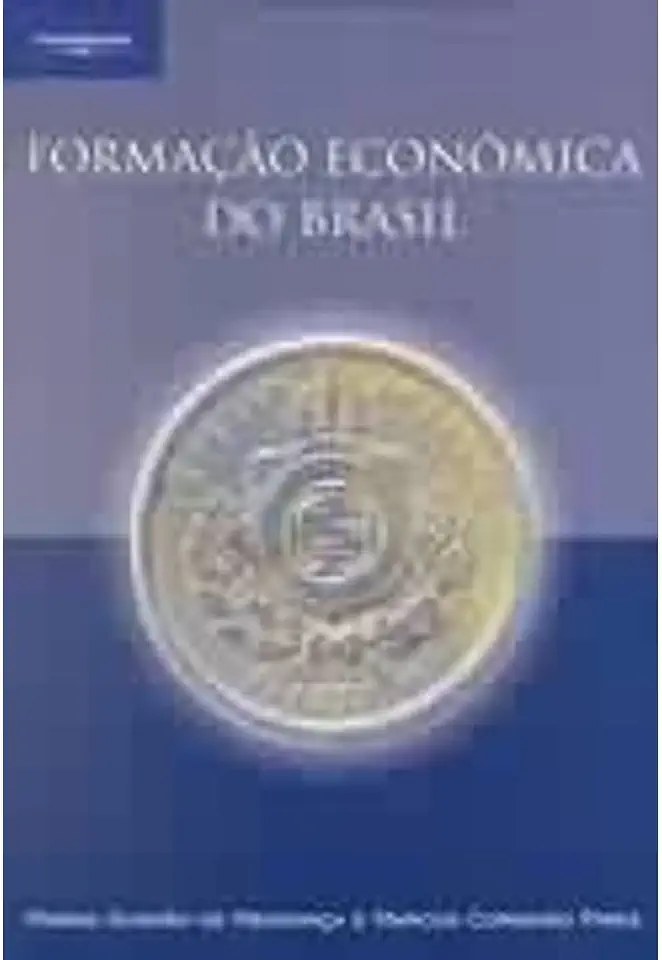
The Economic Formation of Brazil - Marina Gusmão de Mendonça and Marcos Cordeiro Pires
The Economic Formation of Brazil: A Comprehensive Analysis
Introduction
In "The Economic Formation of Brazil," renowned economists Marina Gusmão de Mendonça and Marcos Cordeiro Pires present a comprehensive and insightful analysis of the economic development of Brazil. This book offers a deep understanding of the historical, social, and political factors that have shaped Brazil's economy, providing valuable insights for policymakers, scholars, and anyone interested in the economic trajectory of this vibrant nation.
Historical Foundations
The book begins by exploring the historical foundations of Brazil's economy, tracing its roots back to the colonial era. Mendonça and Pires shed light on the impact of Portuguese colonization, the establishment of the plantation economy, and the role of slavery in shaping the country's economic structure. They also examine the economic policies implemented during the imperial period and the early republican era, highlighting the challenges and opportunities that Brazil faced during these transformative times.
Industrialization and Economic Growth
The authors then delve into the process of industrialization in Brazil, analyzing the factors that contributed to the country's rapid economic growth in the 20th century. They discuss the role of state intervention, import substitution policies, and the development of key industries such as steel, automobiles, and petrochemicals. Mendonça and Pires also examine the challenges Brazil faced during this period, including inflation, external debt, and political instability.
Globalization and Economic Reforms
The book goes on to explore the impact of globalization on Brazil's economy. The authors analyze the country's integration into the global economy, the rise of exports, and the increasing importance of foreign direct investment. They also discuss the economic reforms implemented in the 1990s and 2000s, which aimed to stabilize the economy, reduce inflation, and promote economic growth.
Social and Regional Disparities
Mendonça and Pires dedicate a significant portion of the book to examining the social and regional disparities that persist in Brazil. They analyze the challenges of poverty, inequality, and regional imbalances, highlighting the need for inclusive policies to address these issues. The authors also discuss the role of education, healthcare, and social protection in promoting economic development and social justice.
Challenges and Prospects
In the final section of the book, the authors assess the current state of Brazil's economy and identify the challenges and prospects for future growth. They discuss the impact of recent political and economic developments, the importance of sustainable development, and the need for continued economic reforms. Mendonça and Pires conclude by offering their insights on the potential for Brazil to achieve sustained economic growth and social progress.
Conclusion
"The Economic Formation of Brazil" is a must-read for anyone seeking a comprehensive understanding of the economic development of this dynamic nation. With its rigorous analysis, insightful perspectives, and wealth of data, this book provides a valuable resource for scholars, policymakers, and anyone interested in the economic trajectory of Brazil.